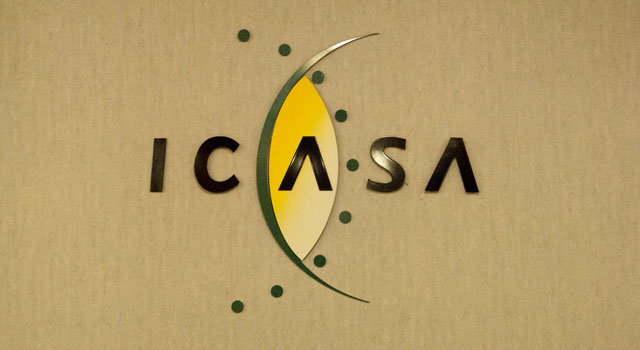
The Independent Communications Authority of South Africa (Icasa) has dealt a blow to telecommunications operators in South Africa that have more than 20% retail market share, introducing aggressive asymmetry that favours smaller operators, including mobile licensees Cell C and Telkom Mobile.
The move could provoke a backlash from Vodacom and MTN, which have repeatedly warned against Icasa being overly aggressive in bringing down the rates.
In final regulations, mobile termination rates — the fees operators charge each other to carry calls between their networks — will be cut from 40c/minute to 20c/minute. The level of asymmetry will be set at 44c/minute, meaning Vodacom and MTN will pay that rate to carry calls from their networks to Cell C and other smaller operators. The smaller operators will, in turn, pay 20c/minute to their bigger rivals.
The share prices of both MTN and Vodacom slumped on Wednesday on the news. Vodacom was trading down by 5,7% in late afternoon trading, while MTN was off by 5%.
Icasa hopes that by chopping the rates and introducing asymmetry, it will lead to lower retail prices and more investment in infrastructure by smaller players. But both MTN and Vodacom have both warned Icasa against being too aggressive in cutting the rates.
MTN South Africa CEO Zunaid Bulbulia recently cautioned that if Icasa brings termination rates down too quickly, and is too aggressive in offering asymmetry to smaller players, that it could lead to the operator reducing its capital expenditure.
On 1 March 2015, the termination rate will be cut to 15c/minute and on 1 March 2016 it will drop again to 10c/minute.
The rate of asymmetry will be 42c/minute in 2015 and 40c/minute in 2016, falling to 20c/minute in 2017, but the 2017 rate will only apply to operators with less than 10% retail market share, down from 20% in the previous three years.
Termination rates for calls to fixed lines will drop to 12c/minute for short-distance calls and 16c/minute for long-distance calls. The rate will be 12c/minute for both in 2015, falling to 10c/minute in 2016.
Fixed asymmetry has been set at 13c/minute, except for long-distance calls, which will attract a higher rate of 21c/minute until 28 February 2015, after which they’ll also fall to 13c. — (c) 2014 NewsCentral Media




